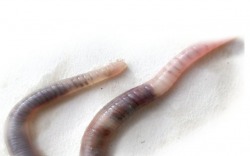- Home
- Writing
- FLICKER(2)
- The Man From Philadelphia - Release
- Morse Code [On Hiatus]>
- Thursday Stories>
- Flowers Under Foreign Skies
- Rabbit Rising
- The Hungry
- Mosquito Holocaust
- The Jungle Comes
- The Starship's Wife
- The Carpenter's Tale
- A World Deferred
- All Quiet on the Western Wavefront
- The Earworm
- The Dissapearing Man [Part 1]
- Season's Greetings
- When Joe Came Back
- The Cobalt Man
- The Stranger And the Turtle
- Ben's Fridge Journal
- The Mutiny on the Protsvetanie
- Fishies
- Freelance Work
- Scratch Pad>
- Biography
- Contact

